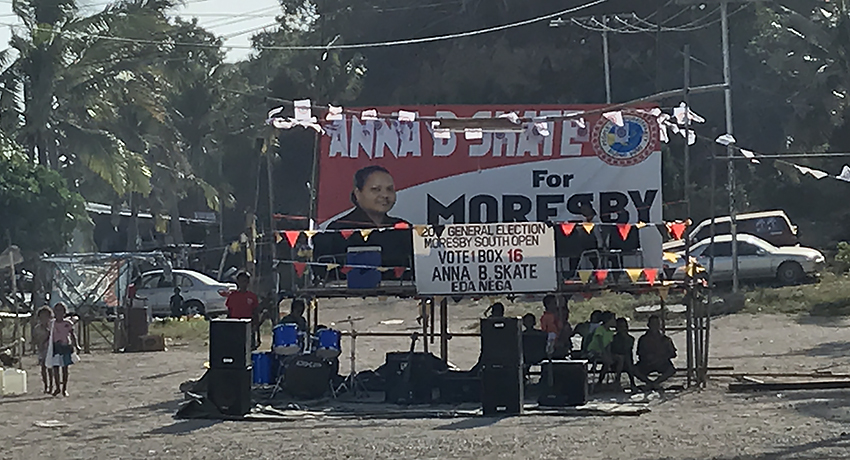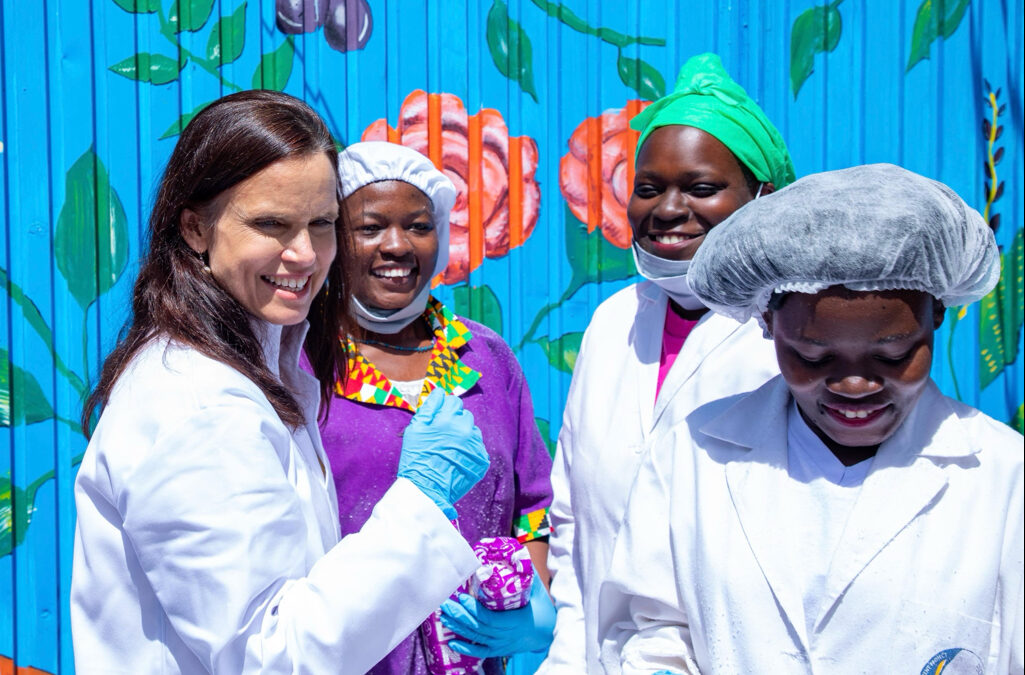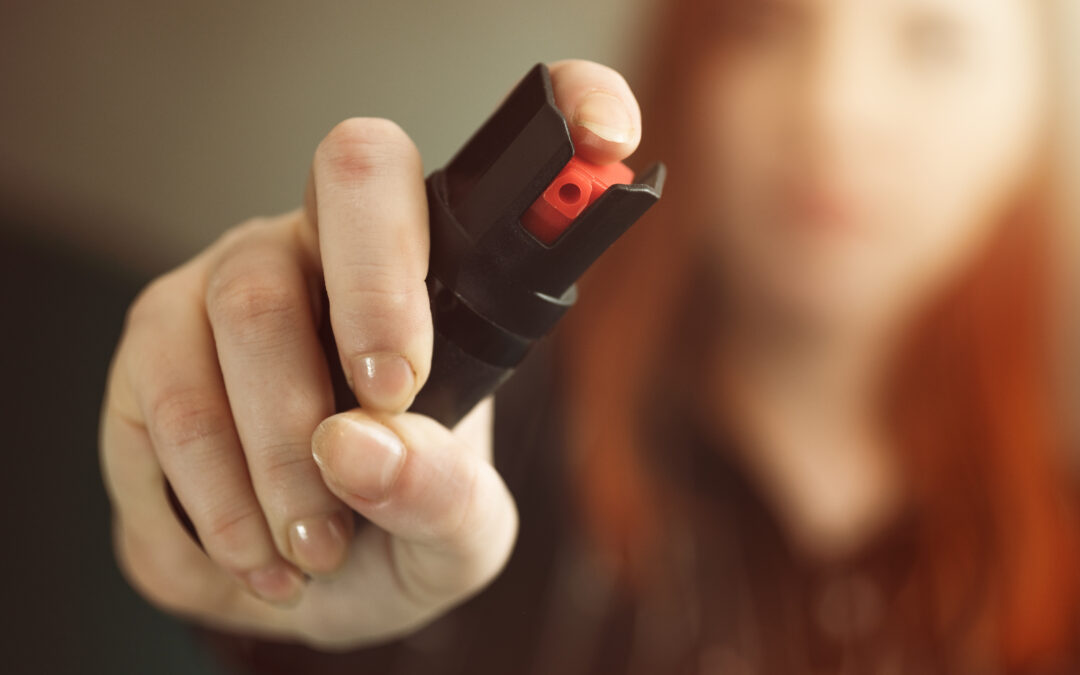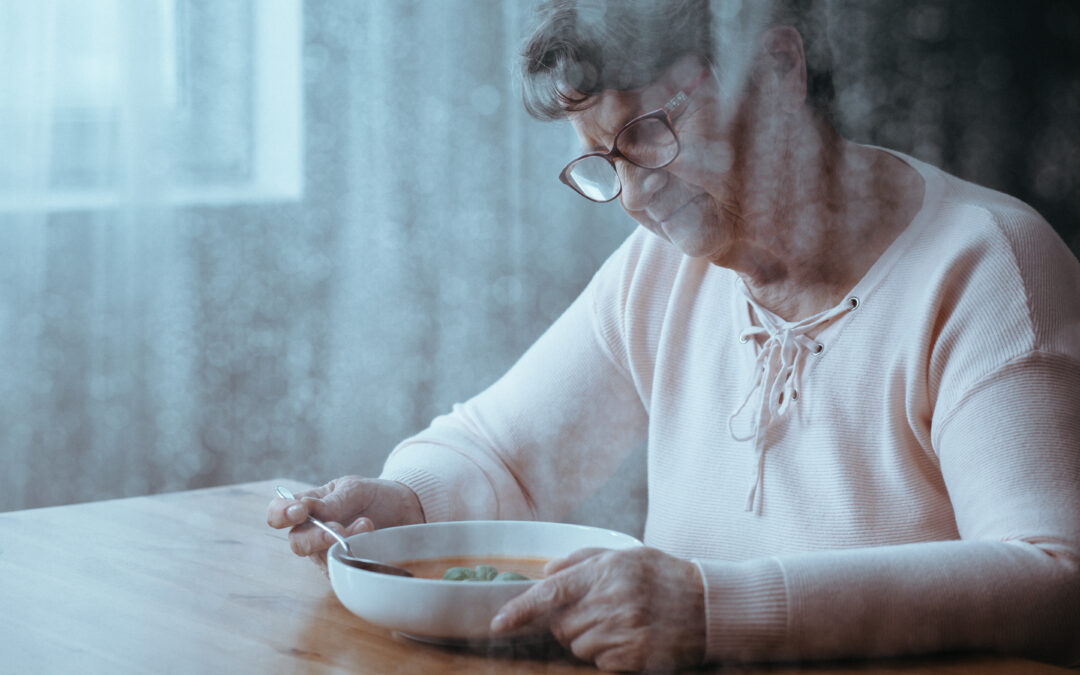Despite a record 167 female candidates contesting the 2017 Papua New Guinea general elections, it is now clear there will be no women in the 111-seat PNG Parliament for the next five-year term. While this result is not unprecedented in PNG politics, it is a discouraging sign after the 2012 election saw three women elected. The results of this year’s elections mean that PNG joins Vanuatu, Micronesia, Yemen and Qatar as one of the few countries in the world with no female MPs.
Getting elected in PNG is difficult, with constituencies fiercely contested. In the 2017 elections, an average of 30 candidates stood in each seat. Getting re-elected is also very hard; in 2017, the incumbent turnover rate was around 52 per cent. In this tough electoral environment, women face the added challenges of navigating a masculinised political culture and overcoming stereotypes relating to women’s place in public life. Politics is still very much seen as men’s space.
Women face the added challenges of navigating a masculinised political culture and overcoming stereotypes relating to women’s place in public life.
Female candidates in PNG also have to deal with negotiating a political playing field that has been transformed through the increasing rates of money politics. Since the advent of limited preferential voting (LPV) in 2007, the prevalence of money politics – vote buying and selling, gifting, and treating to gain electoral advantage – has increased exponentially. In some areas, this means that a candidate who does not participate in money politics (either for financial or ethical reasons) cannot be competitive.
In others, it means that with more money in play, the costs associated with campaigning increase for everyone, whether they are participating in money politics or not. Female candidates tend to have less financial resources than their high-performing male counterparts, and so the rise of money politics has greatly impacted on their competitiveness.
Papua New Guineans vote at election booths during the country’s recent election. Photo: Kerryn Baker.
While no women were elected to Parliament, there were numerous female candidates who performed well – placing second, third, or in the top five ahead of most of their male competitors. Electoral success in PNG is not necessarily a zero-sum game. Candidates contest for many reasons, not just to win office; some run to raise their profiles in their communities, to funnel preferences to other candidates, or to lay the groundwork for a future campaign.
There are many pathways to political influence for women in PNG, and there could be opportunities for high performers to translate that result into positions at the local and provincial level, or preparation for a 2022 run.
While no women were elected to Parliament, there were numerous female candidates who performed well – placing second, third, or in the top five ahead of most of their male competitors.
National politics is not the be-all and end-all for women’s political goals. Yet parliament is a crucially important space that now has no women’s voices for the next five years. In a context like PNG – where there is no evidence of gradual, linear progress on women’s political representation, and no guarantee of women being elected in any given election – it is perhaps necessary to consider the prospect of special measures to ensure a minimum level of women’s representation.
Six years ago, PNG’s constitution was amended to allow for the possibility of 22 reserved seats for women, but the enabling legislation was not passed to implement these seats, and the issue has sat idle since the 2012 election.
Pushing for reserved seats will be controversial, and will require leadership from not just women’s groups outside of parliament, but also male allies within the House. It is, however, the only way to guarantee a place at the table for women in national politics.




